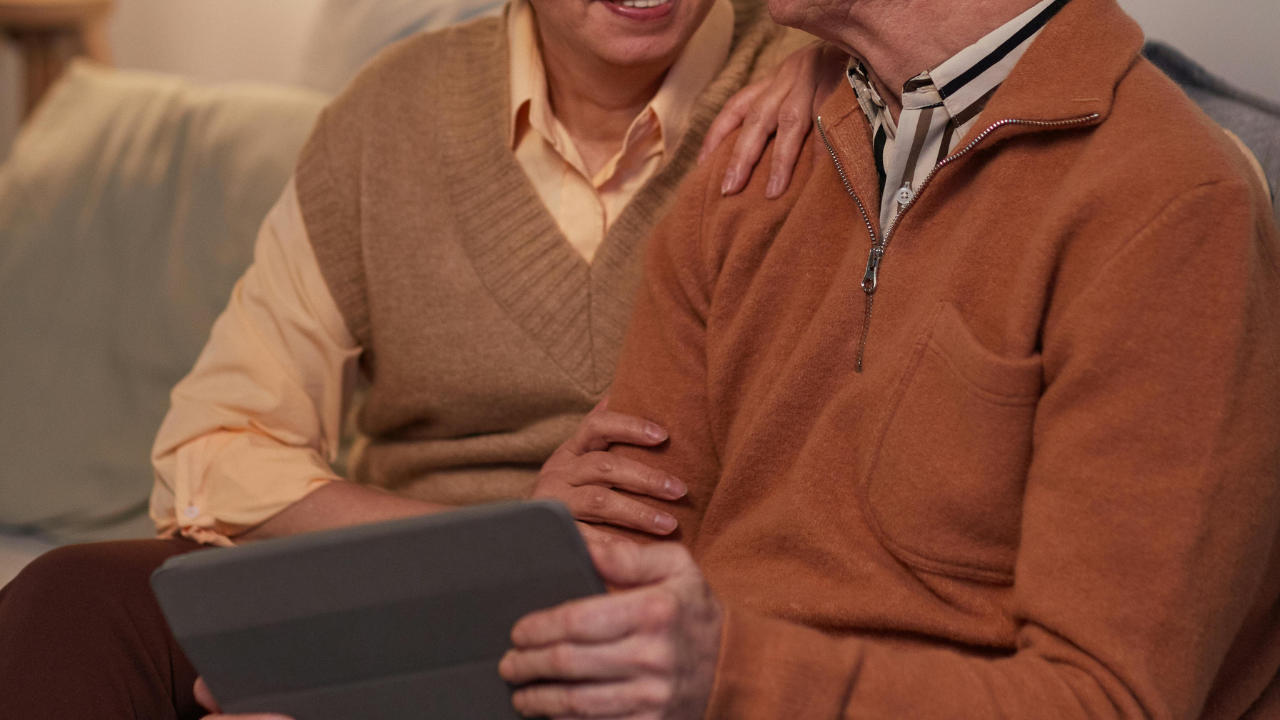How Memory Aids And Timers Support Independence In Seniors With Cognitive Decline
How Memory Aids And Timers Support Independence In Seniors With Cognitive Decline
As seniors begin to experience cognitive decline, the once simple routines of daily life can slowly become overwhelming. Forgetting to take medication, missing meals, or losing track of appointments can create frustration and anxiety for both seniors and their loved ones.
Yet even in the face of memory challenges, independence can still be nurtured and preserved. Through the use of memory aids and timers, seniors can regain a sense of control over their daily lives. These small but powerful tools do more than just remind—they empower. They help seniors maintain dignity, confidence, and a sense of purpose while easing the emotional weight that memory loss often brings.
Understanding The Emotional Impact Of Cognitive Decline
Memory decline doesn’t just affect the mind—it reshapes the heart. For many seniors, the early stages of cognitive impairment can feel like watching parts of themselves quietly fade. They may begin to doubt their capabilities, growing hesitant to handle responsibilities they once managed with ease. This loss of confidence often leads to dependency, creating a painful shift in identity from caregiver to one being cared for.
Caregivers, too, experience emotional strain. They worry constantly—Did Mom take her medication? Did Dad turn off the stove?—and often struggle to balance safety with respect for autonomy. This tension can make daily life feel fragile, as though every forgotten moment could lead to harm. Memory aids and timers step in as bridges between fear and freedom. They don’t replace human care, but they supplement it in ways that promote reassurance, safety, and peace of mind.
The Science Behind How Memory Aids Work
The human brain relies heavily on cues—visual, auditory, and tactile—to form and recall memories. As cognitive decline progresses, the brain struggles to retrieve information without external prompts. Memory aids and timers serve as those external prompts, reinforcing neural pathways that are beginning to weaken. By associating an action with a specific sound, light, or visual signal, these devices effectively guide the brain through structured reminders.
Digital clocks with large displays, pill organizers with alarms, and automated reminder apps are more than convenient gadgets; they act as cognitive partners. They reinforce consistency and routine, which are critical for seniors experiencing dementia or other memory-related conditions. The repetition helps maintain a sense of order in a world that can otherwise feel unpredictable. Even the simple act of hearing a timer ring at mealtime can anchor the senior’s day, providing comfort through familiarity.
These tools also engage the brain’s remaining strengths rather than focusing on its deficits. Seniors often retain procedural memory—the ability to perform learned tasks long after short-term memory fades. A well-placed note, a color-coded cue, or a recurring alert taps into this remaining strength, helping them follow through with tasks independently. The science of repetition and reinforcement not only improves function but also preserves dignity.
Restoring Confidence And Routine
Routine is one of the greatest stabilizers in cognitive decline. When daily activities become structured, seniors experience fewer moments of confusion and frustration. Memory aids and timers help create this structure by gently guiding each moment of the day. Medication reminders ensure that health regimens stay consistent. Voice-assistant reminders help seniors remember to hydrate or move throughout the day. Visual calendars and reminder boards keep them oriented in time, reducing anxiety about what’s next.
But perhaps the most powerful result of using these tools is the restoration of confidence. When seniors can complete tasks on their own, even small ones, their self-worth strengthens. They feel capable again, reminded that they still possess control over their lives. This sense of autonomy carries emotional weight—it encourages engagement, social interaction, and even motivation to try new activities. The emotional lift that comes from independence cannot be overstated; it is the heart of quality living, especially for those navigating cognitive changes.
How Caregivers Benefit From Memory Support Tools
While memory aids primarily assist seniors, they also bring relief to caregivers. The constant mental checklist that comes with caregiving can be exhausting. Timers, digital planners, and automated reminders create shared accountability between caregiver and senior, reducing stress and preventing burnout. Instead of constantly monitoring every detail, caregivers can shift their focus toward connection, conversation, and companionship.
These tools also help maintain a sense of collaboration rather than control. The senior is not being “watched over” but rather supported. This distinction matters deeply, especially to individuals who value their privacy and autonomy. A well-designed system of memory aids helps preserve the relationship between caregiver and loved one by replacing worry with trust. The caregiver gains peace of mind knowing essential tasks won’t be forgotten, while the senior feels empowered rather than restricted.
Independence Through Innovation And Compassion
The integration of technology in senior care is not just a matter of convenience—it’s an act of compassion. Memory aids and timers are modern expressions of empathy, designed to meet seniors exactly where they are in their journey. They remind us that independence is not about doing everything alone; it’s about having the right support to continue living fully.
Each reminder tone, visual cue, or alert carries more meaning than it seems. It says, “You are capable. You are not forgotten. You are still in control.” In a world where memory loss can feel like an unending fog, these small signals become beacons of clarity.
The goal is not to fight aging or reverse decline—it is to adapt with grace. Through thoughtful use of memory aids and timers, seniors can maintain their routines, caregivers can find balance, and everyone involved can experience a renewed sense of confidence. The devices may be small, but their impact is profound. They preserve independence, restore self-worth, and illuminate the truth that even as memory fades, dignity and purpose can endure.

